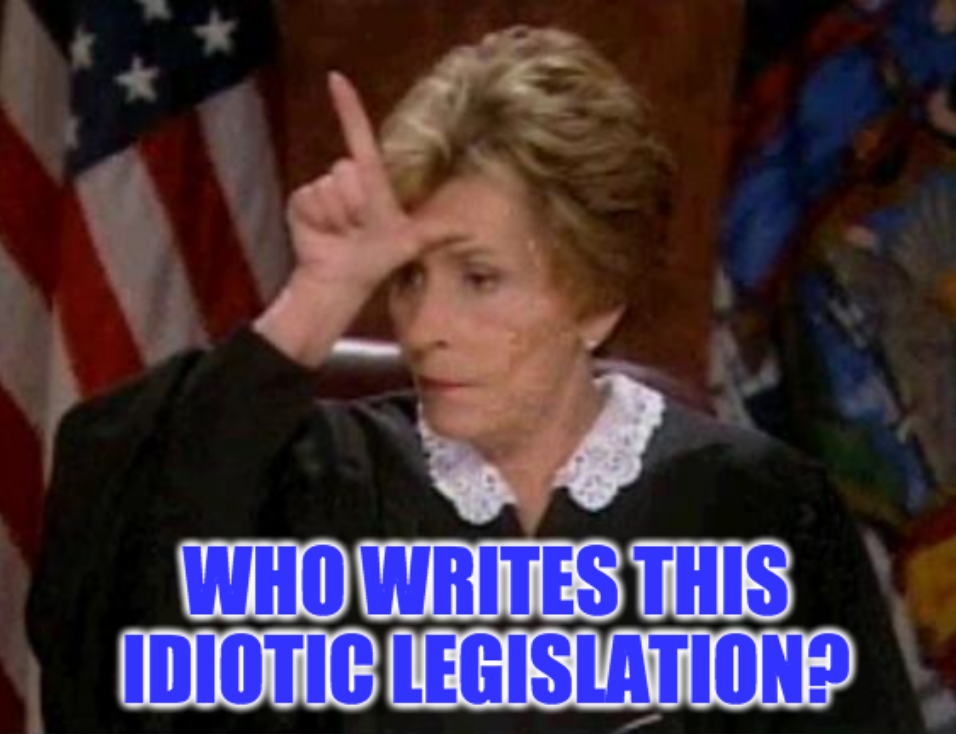Read the Court's Order here.
| order_from_appellate_court.pdf |
...the odds that any affected landowner will ever recover from a penniless project finance limited liability vehicle the costs and expenses they will have incurred in consequence of GBE's premature attempts to obtain easement rights will range somewhere between slim and none.
| motion_to_stay.pdf |
The landowners have a very strong case that rests on several different arguments.
Special legislation is expressly prohibited by our state constitution: “The General Assembly shall pass no special or local law when a general law is or can be made applicable.
Whether a general law is or can be made applicable shall be a matter for judicial determination.”
Section 8-406(b-5) benefits only GBE as opposed to all other potential applicants because GBE is the only entity that can take advantage of its specific requirements. There is no rational basis for the General Assembly to require that any application for a “qualifying direct current project” be filed by December 31, 2023, except to specifically favor GBE against all other applicants. In fact, the sponsor of the legislation that added Section 8-406(b-5) to the Act specifically admitted during the debate on the amendment that the new law was for “the transmission line [G]rain [B]elt.”
Section 8-406(b-5) also arbitrarily discriminates against landowners, including the Landowner Alliance, who own land within Pike, Scott, Greene, Macoupin, Montgomery,
Christian, Shelby, Cumberland and Clark Counties, Illinois (the “Enumerated Counties”), to the benefit of landowners that own real estate outside of the Enumerated Counties. Section 8-406(b-5) arbitrarily and unfairly deprives the landowners in the Enumerated Counties of the same legal threshold for the involuntary transfer of their private property by eminent domain as landowners in non-Enumerated Counties enjoy.
"The equal protection clause provides a basis for challenging legislative classifications that treat one group of persons as inferior or superior to others, and for contending that general rules are being applied in an arbitrary or discriminatory way."
It is well settled under Illinois law that "…the determination of whether a given use is a public use is a judicial function."
Section 8-406(b-5) takes out of the hands of
the courts the determination of whether a particular use is a public one. Article II, Section 1 of the Illinois Constitution states that "[t]he legislative, executive and judicial branches are separate. No branch shall exercise powers properly belonging to another."
In addition, the ICC issued a 5-year CPCN when they are only permitted by statute to issue a 2-year CPCN.
The ICC should not have approved GBE because it failed to demonstrate that it could finance its project. It was all coulda, woulda, shoulda. The mechanics are in place to receive financing IF and only IF GBE signs customers. GBE has not yet found enough customers to receive financing for its project. That's like saying I could buy a yacht, if I only won the lottery. First I would have to win the lottery and the chances of that are looking about as good as GBE finding customers.
Though GBE asserts that it is presently capable of financing the Project, this is false. GBE’s own witnesses testified that financing for the Project will not be in place until it has secured transmission contracts with customers whose credit ratings are acceptable to lenders willing to lend to GBE on the strength of those customers’ creditworthiness. As GBE stated in its Initial Brief before the Commission, it will not be able to obtain financing for the Project until customer contracts are executed.
Keep your fingers crossed while this appeal is considered and decided. Will GBE have to return to Go and not collect $200? Is it possible to unfairly influence the Illinois Appeals Courts? Will justice prevail?

 RSS Feed
RSS Feed